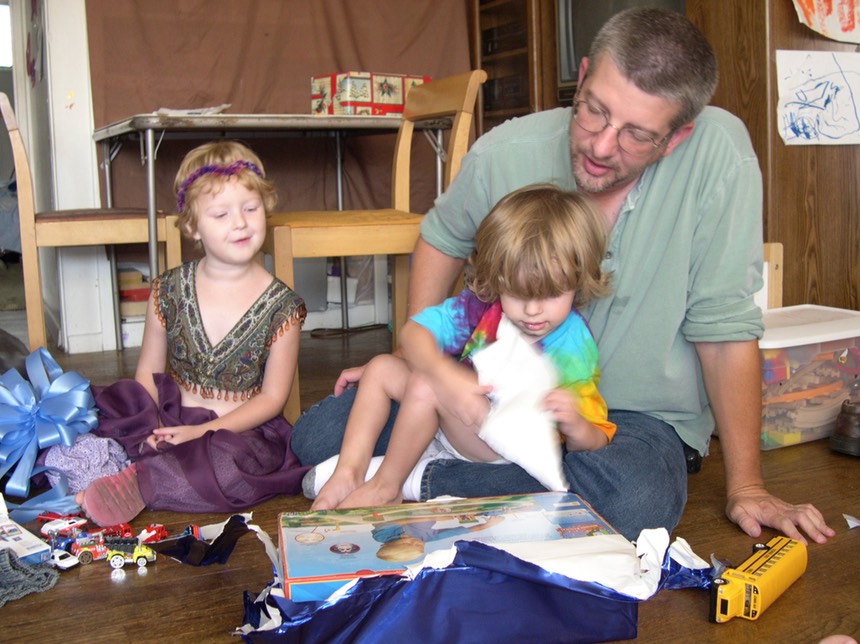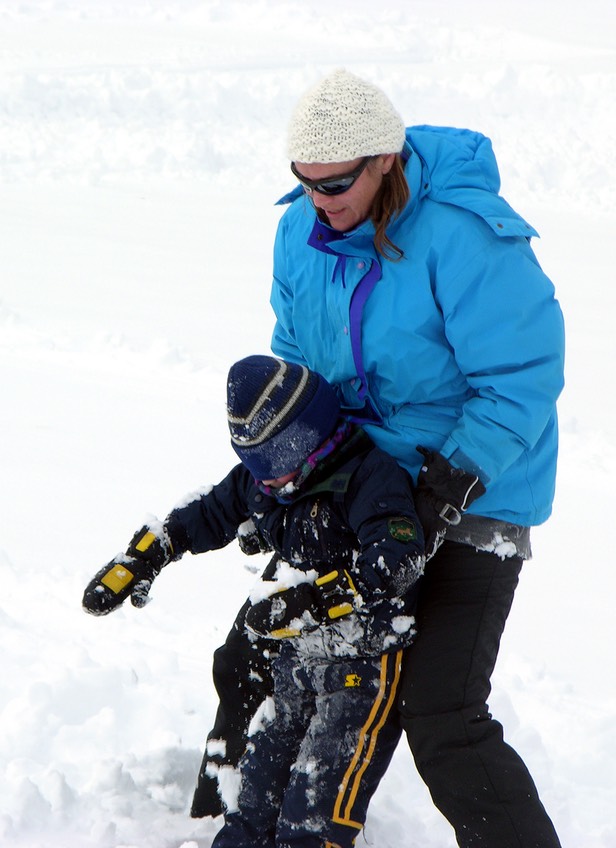
Did you know that your children are born with only 17% of their brain building blocks connected? Did you know that part of this basic wiring is the potential for competence? Did you know that the remaining 83% of the brain wires in response to the environment?
Have you noticed that sometimes loving parents can, without meaning to, override that basic need to be competent and raise children who believe they are helpless? How does that happen?
The experiences leading to competence or to learned helplessness differ.
The infant repeatedly struggles to reach for a toy and finally is able to reach it, or each time he reaches out, someone hands him the toy. The toddler tries again and again to climb up on the sofa and eventually succeeds, or each time she tries someone lifts her up. The two-year-old storms for what he wants and the adults repeatedly give in, or he is usually allowed to storm and given the chance to learn to handle frustration and delayed gratification. The three-year-old wants to help make the hamburger patties and is sent away because that would be messy, or, hands washed, is allowed to make some patties and is praised at the dinner table. The parents do the homework for the school child so he will be sure to get a good grade, or he gets help with homework from his parents when he is stuck. The teenager wants certain label clothes and is allowed to get whatever she wants, or she is expected to work for them.
Since infants are born helpless, we become accustomed to doing things for them. Then, as children grow, how do we know if we have slipped into doing too much, doing things for them that they should be doing for themselves?
The children tell us.
They say, You do it. Do it for me. I don’t know how. I’m tired. I’m busy. I don’t want to. That’s not fun. Have my sister do it. It’s not my job. I can’t. Why me? My stomach hurts. I didn’t hear you. If we get these I’m helpless responses on a regular basis, it’s time to figure out if we have been doing too much.
The lucky dozen
If we feel confused about when to help and when to stand back, there are the Lucky Dozen questions we can ask.

About the child:
- Does the child know how to do this task?
- Is the child capable of doing the task?
- Is the child well/getting enough sleep?
- If the stomach hurts, is the child physically ill?
- Is the hassle about the child’s need for more connection with the adult, rather than about the chore or the homework?
About self:
- Do I hang around and criticize or argue about how she is doing something?
- Do I regularly give in?
- Am I making threats that I’m not going to carry out?
- Does another family member interfere and rescue the child?
- Do I do things for this child that he should do for himself because I’m in a hurry or want it done in a certain way?
- Am I doing this because I like to feel needed?
- Am I doing this for the child because I don’t know how or don’t want to take the time to teach the child?
These are the Lucky Dozen because just one may give us a clue about how we can change what we do in order to let our children build brains wired for competence.
Adults who had been over-nurtured as children told us in the Overindulgence Research Studies that this trained helplessness, this having things done for them that they should have done for themselves, had created difficulties in their adult lives. Surely this is not what caring parents intended.
There is more help about avoiding overindulgence in How Much is Too Much? Raising Likeable, Responsible, Respectful Children – From Toddlers To Teens – In An Age of Overindulgence (2014, DaCapo Press Lifelong Books).
All photos from MorgueFile free photo.


